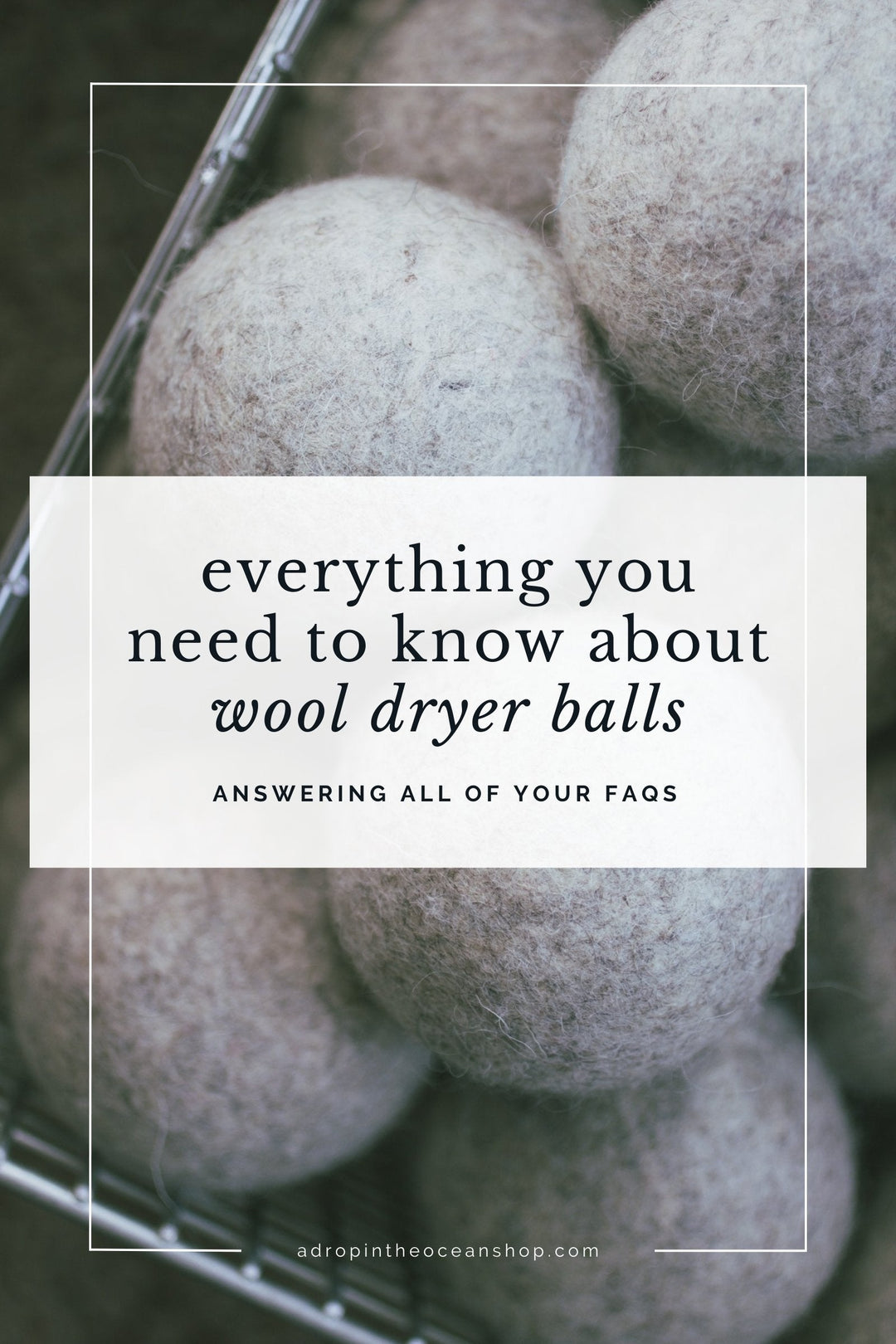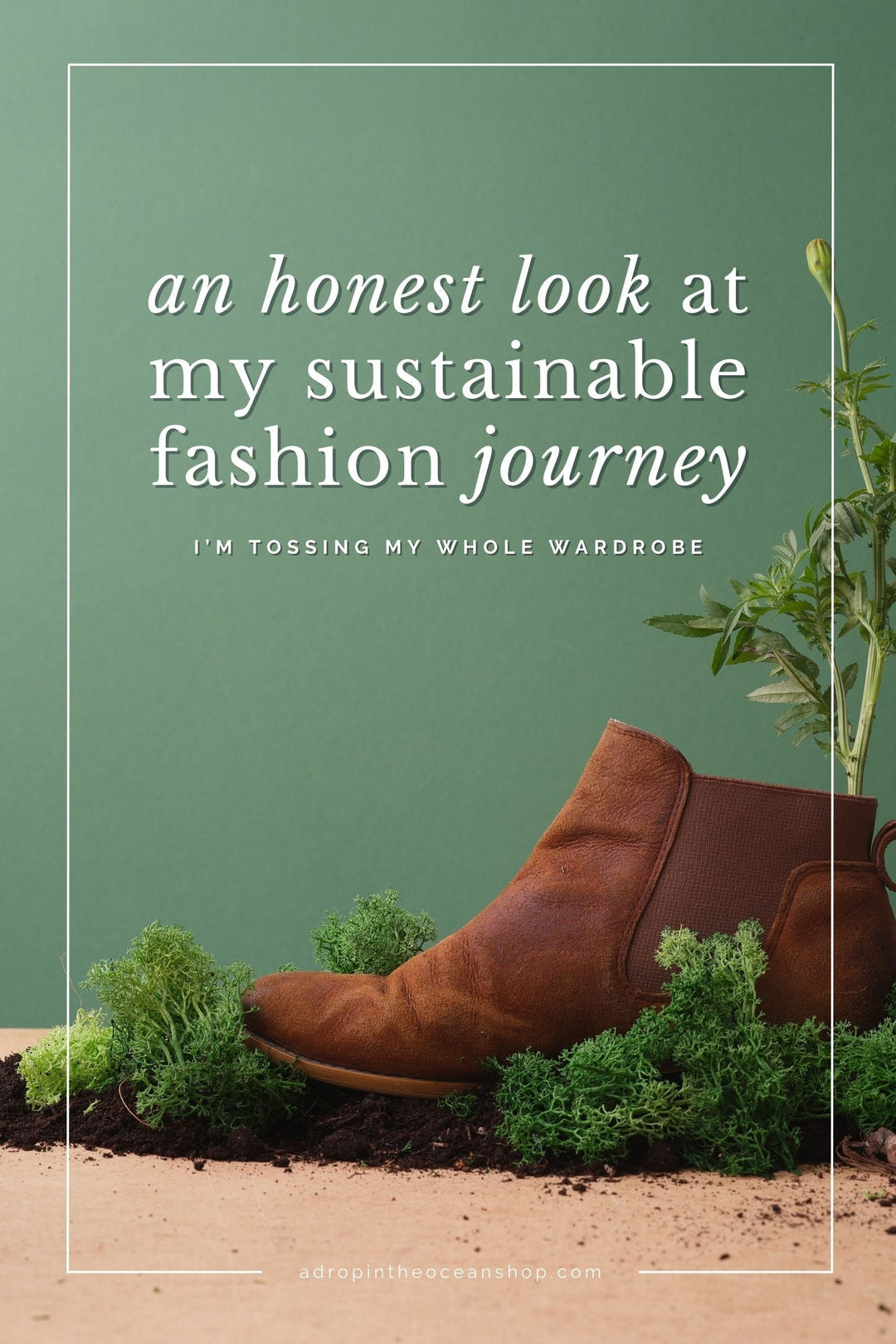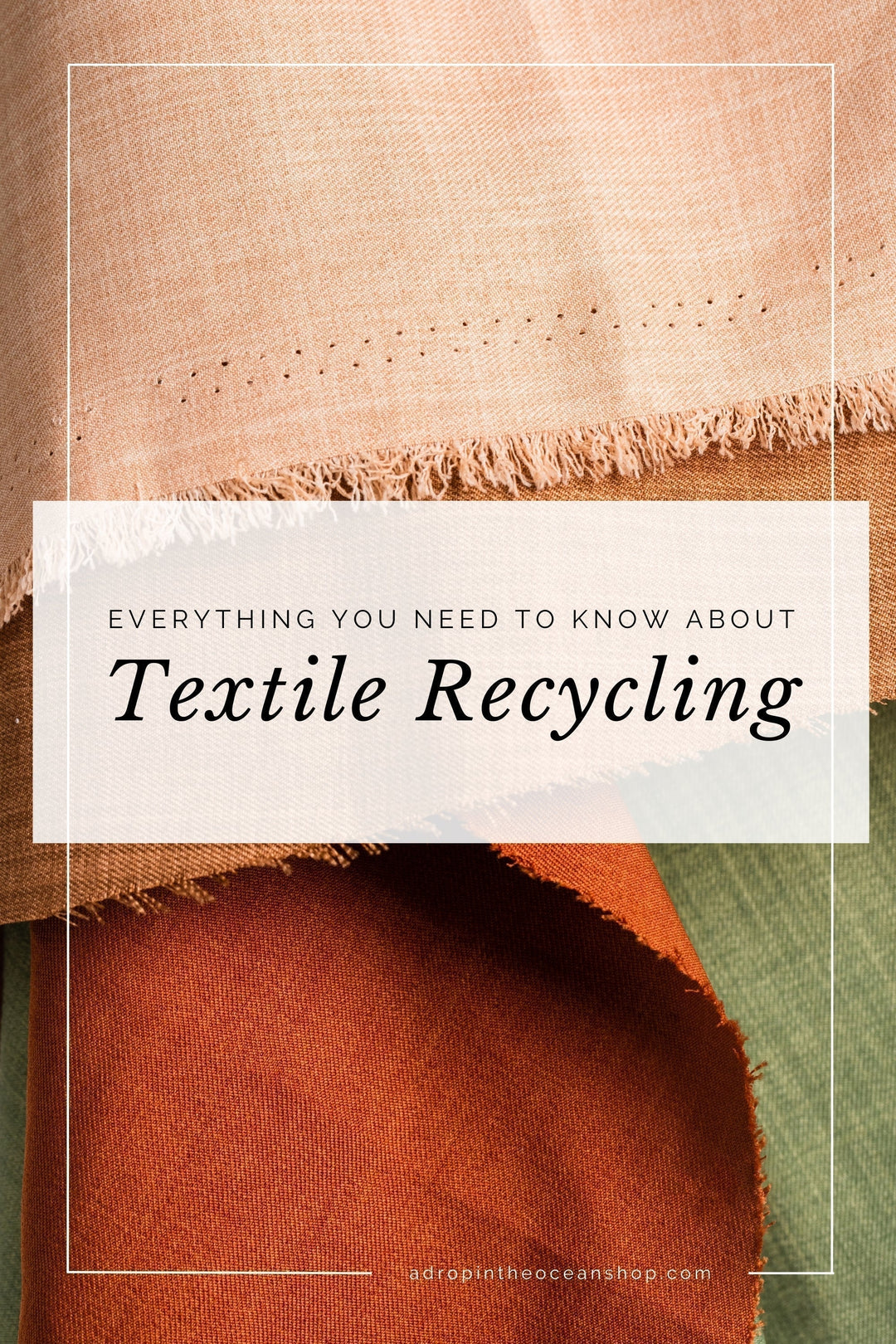Recycling vs. Composting: Which is more sustainable?

Hello, hello! I don’t know about you, but last weekend really started to feel like spring and I am SO HERE FOR IT. I went for a long walk Saturday morning and it was so, so lovely.
Now, for this week’s post, we’re gonna be chatting all about recycling versus composting, which is better, and why.
This topic was inspired by one of our EcoWarriors in our EcoWarrior Pod, when I re-shared our post about pizza box recycling. She commented on the post that pizza boxes are compostable, and that’s better than recycling. I realized that this is something many of us assume in the sustainability space, especially with how much we hear about how broken our recycling systems are, but is it really true?
So first, I wanted to get my bearings with this community. I took to Instagram and the EcoWarrior Pod and I asked the question…
If someone asked you, “Which is more sustainable, recycling or composting?” what would you say?
OVERWHELMINGLY the answer was “composting.”

So let’s dig into this a bit. Is composting better than recycling?
Before we begin…
I’d like to start off by noting that there isn’t actually much overlap between recycling and composting.
Pretty much anything that’s recyclable isn’t going to be compostable, and pretty much anything that’s compostable isn’t going to be recyclable. For example, an aluminum can is recyclable, but not compostable. An apple core is compostable, but not recyclable.
This apples-to-apples comparison that we’re about to do is really only applicable to paper and cardboard products, which are the only things I can think of that are [typically] both recyclable and compostable.
Okay. Moving on.
What is “recycling”?
Recycling is “the action or process of converting waste into reusable material.”
We are taking something that was once considered waste and turning it into something new. Something usable.
What are the benefits of recycling?
If we’re gonna compare recycling and composting, let’s start with the benefits of recycling as it stands on its own.
- Recycling minimizes our trash output. I feel like this one is pretty obvious, but it’s an important benefit nonetheless. By diverting some of our waste to recycling, we’re reducing space needed for landfills and methane emissions from landfills.
- Recycling saves energy. It takes less energy to recycle something than it does to produce the new version of that same something. For example, it only takes 5% of the energy to recycle an aluminum can than to create a new one. Recycled paper uses 40% less energy than creating virgin paper.
- Recycling reduces pollution. There’s a lot of pollution involved with extracting virgin resources - whether it be paper or oil or metal. By recycling, we’re reducing that pollution because we’re extracting less.
- Recycling reduces demand for virgin materials. Because the materials are being recycled into something new and usable, there’s less demand for extracting virgin materials from the earth.
What is “composting”?
Composting is “collecting and storing plant material so it can decay and be added to soil to improve its quality.”
We are taking natural materials, breaking them down, and adding them to soil. This creates a healthier soil so we can continue to grow new things.
What are the benefits of composting?
Okay so we’ve compared the definitions of recycling and composting, and we’ve established the benefits of recycling, so now what are the benefits of composting?
- Composting minimizes our trash output. Same as recycling, composting helps divert waste from our landfills, which reduces the space needed for creating landfills and the methane emissions caused by landfills.
- Composting reduces chemical use. One of the great things about compost is that it improves soil quality, naturally. By using compost in gardens and farms, we reduce the need for synthetic fertilizers, which can cause harm to our waterways and ecosystems.
- Composting reduces greenhouse gas emissions. Did you know 6% of our global greenhouse gas emissions are from food waste? Landfills are designed to be large storage containers, not giant compost bins, so nothing really breaks down in them, and when they do, they emit methane, which is 86 times more potent than carbon dioxide. By composting our food waste instead, we eliminate all of these emissions.
Which is better - recycling or composting?
Whenever possible, we should always aim to recycle before we compost.
Before we even get into why, let’s take a look back at the 6 R’s of Zero Waste - the foundation for a zero waste lifestyle.

The 6 R’s are rethink, refuse, reduce, reuse, recycle, and rot - in that order.
Rot, or compost, is the very last thing on our hierarchy. Both recycling and composting should be considered a last resort, but even here we can see that composting should come last.
Even in zero waste queen Bea Johnson’s book, Zero Waste Home, she addresses this question.
“Should you purchase a compostable or recyclable item when buying new? To stay away from plastics, synthetics, or bioplastics, favor durability and recyclability in metal, glass, paper, and natural-fiber materials first; otherwise, choose a product made from compostable, renewable, and sustainably harvested resources, such as wood.”
- Bea Johnson, Zero Waste Home, page 32
But then the question becomes, why is recycling better than composting?
Well, for two reasons.
First, recycling has a shorter cycle than composting. An item can be turned into something new pretty quickly, with fewer resources.
For example, an aluminum can can be recycled back into another aluminum can and back on grocery store shelves in just about 60 days. It’s super efficient.
In contrast, composting is a much longer process. If an item is composted, it has to be added to the compost, break down completely, be added to soil, new things have to be planted, and then it takes extensive time for those things to grow enough to be sustainably harvested and then turned into something new. It’s not as much of a straightforward process as recycling.
Second, recycling actually reduces the demand for new virgin materials.
Of course, caveats exist for this. For example, a plastic water bottle cannot be turned into a new plastic water bottle. It’s going to be downcycled into something like a park bench or a sweater, which does not reduce the demand for new virgin plastic bottles.
But, for something like a cardboard box, recycling the cardboard is an efficient system. That cardboard can be recycled into new cardboard, which reduces the demand for cutting down trees to make new cardboard products.
If instead we composted that box, the demand for new cardboard wouldn’t be reduced at all.
What should I recycle, compost, and trash?
First and foremost, let’s remember that recycling and composting guidelines vary widely from city to city. Always check what’s recyclable in your city first. Just Google “Recycling guidelines [your city]” and you should find out pretty darn quickly.
But, in general, here’s a handy little guide for what you should be recycling, composting, and trashing.

In summary…
We should always try to recycle whenever we can, and then turn to composting.
But before we even get to the recycle and compost, we need to remember the other 4 R’s of zero waste - rethinking, refusing, reducing, and reusing. These should always come first whenever possible. Recycling and composting should be last resorts.
And finally, buy recycled whenever possible. Because recycling is, after all, a business. And are we really recycling if we’re not buying the recycled products?
Now tell me your thoughts, friend. Am I missing any key points? What are your thoughts on recycling vs. composting? Comment below and let’s chat!
Featured image credit: Marcell Viragh via Unsplash
Related:
How to Perform a Personal Waste Audit
My Best Advice for Ditching Trash Bags









@Carolina – You are correct, cardboard can only be recycled about 7 times, but that’s still 7 more times than it would be if it went straight to compost! Plus, after it can no longer be recycled back into cardboard, it can still be recycled (downcycled) into egg cartons, napkins, paper towels, toilet paper, etc., which can (and should!) then be composted at the end of their life.
And yes absolutely, only about 9% of our plastic gets recycled, but as I mentioned at the beginning of this article, this comparison is really only valid for paper and cardboard, and there are a whole bunch of issues with our recycling system, so definitely check out all of our other blog posts on plastic recycling for more info on that! (https://adropintheoceanshop.com/blogs/blog/tagged/how-to-recycle-right)
And of course, as always, recycling and composting are never the end-all solution. We need to rethink, refuse, reduce, and reuse first!
I noticed you didn’t mention that cardboard can only be recycled 5-7 times. For me, this makes the argument about recycling vs. composting cardboard not so black and white. What happens to the cardboard at the 7th time? Furthermore, to say that by not recycling, we are reducing the amount of resources available to be reused seems like an overstatement considering that not everything that is recycled is actually given another life, for example, only 9% of plastic is actually recycled, so I’d be curious to know about the rest of the materials that are recycled. Actually recycling items involves resources and then the issue of contamination causes a lot to get thrown away. My understanding is that we actually put to recycle much more than the system actually recycles. I just don’t see recycling as the obvious solution over composting here.
@AC – Up until recently, egg cartons were not accepted for recycling in my area or others I looked into, which is why they were on the “compost” list for this blog post. They are now accepted in my city, but double-check where you live!
Why don’t you recycle egg cartons?
Leave a comment